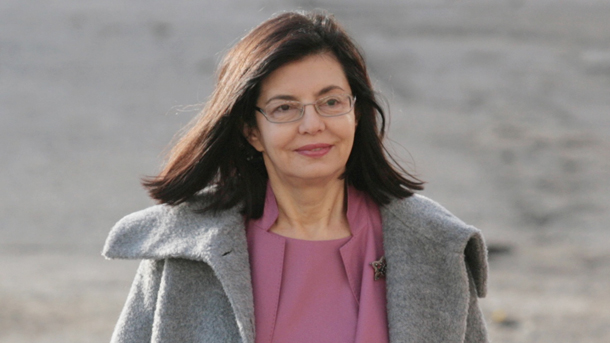The report, named “Natural Science and Technologies at the 21st Century’s School. Results of Bulgaria’s Participation in PISA 2015” was presented at the ministry of education and science. Back in the 1990s the Organization for Economic Co-operation and Development created the Programme for International Student Assessment, aiming at periodical and standardized international assessment of 15-year-old students. It emerged as a response to the need of indicators for comparison of the level of education across separate countries.
PISA gives an opportunity to determine how prepared students are for contemporary society at the end of their compulsory training. The programme assesses functional literacy in the spheres of reading, math and natural sciences. It is future-orientated and evaluates the knowledge necessary to young people to adapt on their own to the constantly changing professional reality.
Bulgaria entered PISA from its start in 2000 and participated in all the stages of research with the exception of 2003. The implementation of PISA in this country gives us a chance to compare the achievements of Bulgarian students with the ones of students in other countries. Thus we can assess real results and their response to the society’s expectations, regarding Bulgaria’s educational policy.
PISA has developed a 6-degree scale of achievements and the Bulgarian students have always been graded with the second degree in all the three spheres assessed ever since 2000. This level marks the critical limit of knowledge and skills, as anyone listed underneath has serious gaps and doesn’t have skills for a successful career.
6,363 students took part in the poll, held in the spring of 2015. Bulgarian students from poor families which show no interest in education demonstrate extremely poor results, alongside the ones whose mother tongue is not Bulgarian, says Diyan Stamatov, deputy minister of education and science, adding that the good thing was that the greater part of the students were with educated parents and higher economic status, but their results were not that good either.
 Here is the comment of minister of education Meglena Kuneva:
Here is the comment of minister of education Meglena Kuneva:
“The 2015 results were better than those of 2006, but still the conclusions are causing concern indeed. I won’t excuse ourselves that the poll was carried out before our mandate because I see all children as a responsibility of the state, no matter the minister and the period when they studied. I would like to say two things: the ministry of education cannot change family environment – we saw previously that the best results came wherever the family had offered more to the kids. The ministry shall do whatever it takes in order for the family to be not the only key factor for the results. Second – school has to be interesting, teaching children how to think critically. That means the implementation of new curriculum, aimed more at practice, exercises and extracurricular activities.”
Kuneva added that teachers were not masters of knowledge, as their career had started in different times with different understanding of the material. Their role now is to teach the children how to find solutions and this requires a totally new approach. Here is more from Minister Kuneva:
“No need to gloat behind the back of the Bulgarian educational system. PISA is a system which finds the problems in details and gives an opportunity for solutions. Now Bulgaria has many more chances to create the prerequisites for the next generations. If she does this, the next PISA results will be better.”
English version: Zhivko Stanchev
The village of Oryahovitsa, Stara Zagora region, today celebrates its symbol - the walnut tree. There will be a Festival of the Walnut with a varied programme featuring the Kazanlahsko Nastroenie (Kazanlak Cheer) Orchestra, the soloist of..
Disputes in Croatia over sending military personnel to NATO mission in support of Ukraine NATO Acting Deputy Secretary General Boris Ruge visited Croatia to explain to local MPs about the Alliance's mission in support..
Konyovets village near Shumen is marking 160 years since the oldest stud farm in Bulgaria was set up. Celebrations are being organized on the farm on 1 November when officials from the Ministry of Agriculture and Food and of the State Fund..
For the 30th consecutive year, the Bulgarian Posts organize a contest for the most beautiful letter to Santa Claus. Letters must be sent by 18..

+359 2 9336 661
